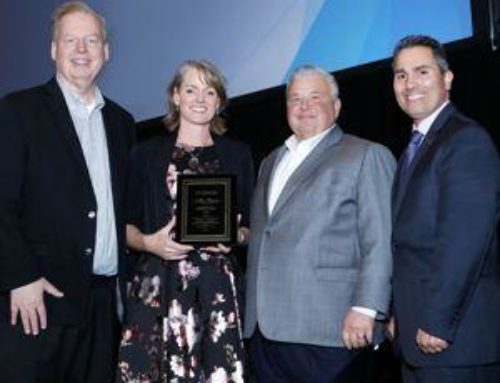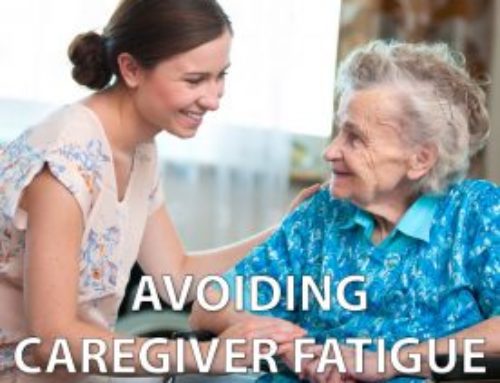Hospital readmission is generally measured in 30, 90, and 1-year timeframes. 20% of seniors are readmitted to hospitals within 30 days of their stay. Over 30% are readmitted within 90 days, and even more will be readmitted within 1 year.
Though it’s not completely unavoidable, hospital readmission rate is one metric used to gauge the quality of a hospital, especially as it relates to 30-day readmissions.
The statistics show that readmission is much more common with weak transitional care. Transitional care is any healthcare that occurs between healthcare practitioners.
How Better At-Home Care Can Decrease Readmission Rates
At-home care is one type of transitional care and a common point of readmission.
After a patient is discharged from the hospital, they’re commonly in a vulnerable state that leaves the exposed to myriad reasons for rehospitalization.
For that reason, it’s important to find caretakers who help people actively avoid readmission. Here are a few ways that’s done:
Medication Assistance
According to the CDC, over 80% of American adults take at least one prescription and nearly a third take at least five.
Scheduling medications quickly becomes a challenge. A quality in-home caretaker works with people to make sure medication is taken on schedule.
Regularly Scheduled Follow-Ups
Whether it’s because they can’t get to their follow-up or it slips their mind, failure to follow-up after a hospital visit can increase the risk of a readmission.
Qualified at-home caretakers make sure loved ones stay on schedule and never miss an important appointment and can provide dependable transportation to and from check-ups.
Continued Care Through Medical Knowledge
Think of at-home care as an extension of the hospital. The best caretakers collaborate with medical staff and work with you to make sure your medical care stays on point.
Focused care
With personalized care, seniors become the sole focus of the caretaker. Instead of being one of dozens, the client is the one and only. That alone means close monitoring that allows us to catch problems early.
Immediate response
An in-home care assistant also ensures that emergencies are dealt with rapidly. Falling is a leading cause of hospitalization (and even death) among senior citizens and much of that time, that’s because nobody was there to help.
Nutrition and hydration
An in-home caretaker will ensure diet stays on track. Instead of generic meals day-in and day-out, a caretaker ensures a balanced diet that provides enough food and enough nutritional value.
Housekeeping and errands
A qualified caretaker can also handle things like grocery shopping, preparing food, and running errands. For seniors who may not be able to drive themselves around, they can provide vehicle transport around town.
Companionship
Though it’s hard to quantify, having company throughout the day is an undeniable benefit of in-home care. Someone to talk to or go on walks keeps depressive thoughts at bay and improves mood. A good caretaker will be someone you can talk to, and someone who will make sure days get lived to their fullest.
Stress reduction
Taken together, every benefit of in-home care amounts to a measurable reduction in the stress levels of our loved ones. With the essentials taken care of, and fewer unknowns in the equation, senior citizens in the care of an assistant can rest a little bit easier every day.
With in-home care, you’ve not only got a friend and caretaker, you’ve got an advocate who can help guide you through just about anything. Having the peace of mind of someone looking out for you at all hours of the day guarantees healthier living, lowered risk of accidents, and a day-to-day routine that is drastically less cumbersome.
Looking out for Arizona’s seniors
The state of Arizona doesn’t require criminal background checks. That means the checks and balances that ensure proper care are left to the organizations. It’s paramount that senior care agencies only hire the best.
We maintain a strict vetting process to guarantee seniors receive real care, not just that they’re “taken care of.” Our caregivers are passionate about providing assistance and are motivated by a genuine desire to make life better for our clients. We accept only the best applicants and require in-depth training straight from those experienced in the field.





